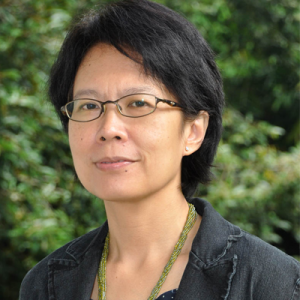Sonya Dewi
Sonya Dewi is a senior landscape ecologist, based in the Southeast Asia Regional office in Bogor, Indonesia, Sonya received her PhD in Theoretical Ecology from the Australian National University in 1997. During her more than 20 years of professional career as a researcher, she focuses on the understanding of the trade-offs and integration between conservation and development agendas at the landscape level across different contexts, and on identifying options to change the trajectories in several countries, such as Indonesia, India and Brazil. Land science has continuously been the basis of her multi-disciplinary research. She has used spatial analysis to develop empirical models and tools and derive and analyse time series of remote sensing data. For more than ten years, she has embraced climate change mitigation issues into the landscape governance, particularly in the development and analysis of national and subnational level carbon accounting and monitoring, peatland strategy, the carbon footprint of palm oil production, and national-level REDD+ strategy. More recently, she has been actively promoting integrated and inclusive spatial land-use planning in rural areas for low emission development and for multiple environmental services, through the development of a negotiation support tool, which has been adopted widely in Indonesia and also introduced to some other tropical countries such as Viet Nam, Peru and Cameroon. These tools have been used in developing Green Growth Plan for one particular province in Indonesia as a roadmap for public-private-people partnerships in achieving Sustainable Goals. She also promotes partnerships in restoration as an inherent part of sustainable landscape governance through the application and adoption of ROAM (Restoration Opportunity Assessment Method) developed by IUCN in two degraded Sumatran watersheds. She has been managing numerous big projects funded by donors including the EU and DANIDA.














